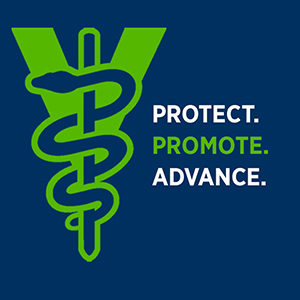PPP Flexibility Act relaxes rules for borrowers
Paycheck Protection Program (PPP) borrowers will have more time to use their forgivable stimulus loans, and more flexibility in spending the money, under legislation signed Friday by the president.
The Paycheck Protection Program Flexibility Act (HR 7010) will not be the last legislative fix for the popular COVID-19 loan relief program. Rather it represents a hurried attempt to make tweaks as borrowers approach the end of the first eight-week lending cycle in the coming days. The chairman of the Senate Small Business Committee, Sen. Marco Rubio (R-Fla.), indicated additional technical corrections to PPP would be forthcoming in legislation he is still working on.
What’s in the new law?
The PPP Flexibility Act includes these provisions:
- Extends the loan forgiveness time frame from eight weeks to 24 weeks or December 31, 2020, whichever is earliest
- Changes the 75%-25% rule for payroll vs. non-payroll costs to require "at least 60% of the covered loan amount for payroll costs and up to 40%" for non-payroll costs
- Extends the deadline of the safe harbor provision for rehiring or restoring employees' pay to December 31, 2020, to align with federal pandemic unemployment benefits
- Expands the safe harbor provisions to allow loan forgiveness for employers who cannot restore their workforce to pre-February 15, 2020, levels due to compliance with COVID-19 government guidance or social distancing standards, or because they are unable to rehire qualified employees
- Permits borrowers to defer SBA loan payments until the forgiveness determination is made
- Extends the repayment period for any amounts not forgiven from two to five years
- Allows employers who take PPP loans to take advantage of the CARES Act provision that permits deferring the employer's share of FICA payroll taxes for two years (Half of the payroll taxes will be due in 2021, with the rest due in 2022.)
The PPP Flexibility Act does not add additional funding to the PPP. At the end of May, the U.S. Small Business Administration (SBA) said funds remained available for PPP loans.
AVMA advocacy for veterinary borrowers continuing
Prior to this bill's passage, the AVMA joined over 225 other organizations in urging Congress to provide greater flexibility and clarity on the PPP.
While the PPP Flexibility Act addresses some of these issues, like extending the timeline to spend the funds, it failed to reverse an IRS ruling that would prohibit tax deductions for PPP forgivable expenses. This remains a sticking point for many members of Congress, and AVMA is involved in efforts to reverse this ruling.
More about COVID-19 stimulus
The AVMA’s COVID-19 resource center (avma.org/Coronavirus) provides full details of all federal stimulus programs that impact veterinarians and veterinary teams. This includes information on student loan relief, unemployment, paid leave provisions, taxes, and more.
Subscribe to this blog or follow AVMA’s social media pages to stay informed as new resources are added.




Comments
Add New Comment